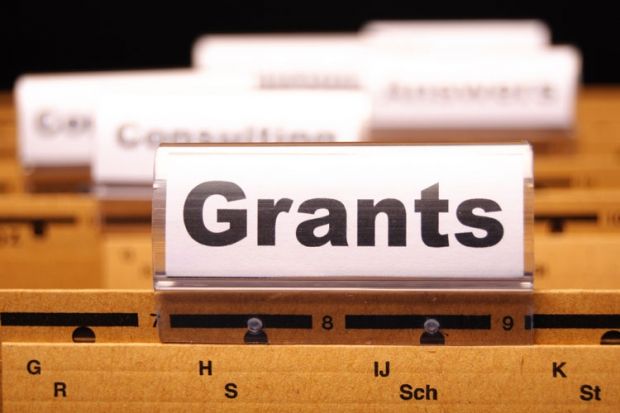Arts and Humanities Research Council
Responsive Mode Grants
- Award winner: John Koch
- Institution: University of Wales
- Value: £689,167
Atlantic Europe in the metal ages (AEMA): questions of shared language
- Award winner: John McKinnell
- Institution: Durham University
- Value: £785,055
Records of early English drama: the North East
National Institute for Health Research
Health Services and Delivery Research Programme
- Award winner: Alison Bullock
- Institution: Cardiff University
- Value: £239,491
Getting the most out of knowledge and innovation transfer (KIT) agents in healthcare: a qualitative study
- Award winner: John Young
- Institution: University of Leeds
- Value: £442,979
A multi-site evaluation of the person, interactions and environment (PIE) tool to improve person-centred care for people with dementia admitted to acute hospital wards
- Award winner: Gavin D. Perkins
- Institution: University of Warwick
- Value: £182,030
Do not attempt cardiopulmonary resuscitation (DNACPR) decisions
Leverhulme Trust
Research Project Grants
Sciences
- Award winner: John Hutchinson
- Institution: Royal Veterinary College, University of London
- Value: £284,288
The evolutionary biomechanics of sesamoid bones in vertebrate limbs: a synthesis
- Award winner: Deborah Charlesworth
- Institution: University of Edinburgh
- Value: £106,696
Evolution of suppressed recombination between the X and Y chromosomes of a plant
- Award winner: Rufus Johnstone
- Institution: University of Cambridge
- Value: £144,340
Adaptive modelling of human infant growth
Humanities
- Award winner: Colin Haselgrove
- Institution: University of Leicester
- Value: £242,743
(Re)dating Danebury hill fort and later prehistoric settlements in the environs: Bayesian approach
- Award winner: Leigh Shaw-Taylor
- Institution: University of Cambridge
- Value: £8,418
Transport, urbanisation and economic development in England c.1670-1911
In detail

Social sciences
Award winner: Theodoros Papaioannou
Institution: The Open University
Value: £142,196
Unpacking the role of industry associations in diffusion and governance of health innovations in developing countries
This project aims to get inside innovation and politics, looking at whether and in what ways biopharmaceutical associations in developing countries promote technological capabilities and effective governance of health innovation. Social scientific research has a gap in understanding this role in developing countries. The biopharmaceutical associations’ activities are a persistent blind spot. Focusing on India and South Africa, this project will aim to produce an analysis of the role of biopharmaceutical associations in knowledge diffusion and governance. It will also make a detailed investigation of the practical impact of this role on health delivery in developing countries and compare the distinct innovation and governance capabilities of industry associations in emerging biopharmaceutical powers.
Register to continue
Why register?
- Registration is free and only takes a moment
- Once registered, you can read 3 articles a month
- Sign up for our newsletter
Subscribe
Or subscribe for unlimited access to:
- Unlimited access to news, views, insights & reviews
- Digital editions
- Digital access to THE’s university and college rankings analysis
Already registered or a current subscriber? Login
